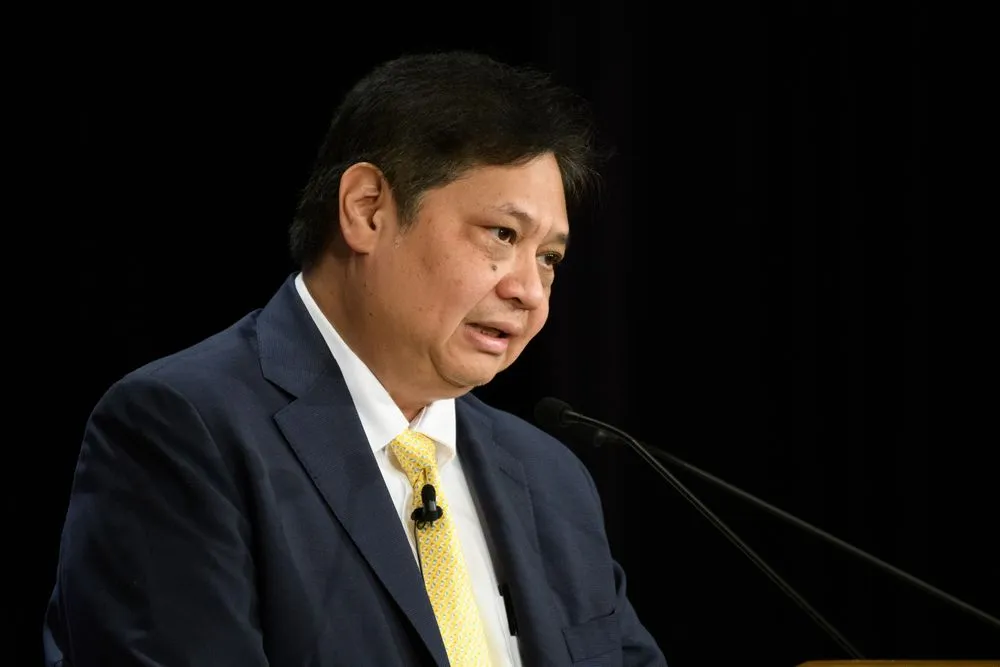
“This is not the end. We can have more options, and will use them when they’re needed,” Coordinating Minister for Economic Affairs Airlangga Hartarto said in an interview from Jakarta Thursday, days after the government announced an emergency package against the pandemic. The government “will take any steps to protect people’s lives,” while safeguarding jobs and the economy, he said.
Like many countries now, Indonesia is seeing its health system stretched to near-breaking point amid the virus, while prospects for the economy nosedive. The government has slashed its growth forecast by more than half, removed a fiscal-deficit cap introduced after the Asian financial crisis and allocated 405 trillion rupiah ($24.8 billion) to support the health system and the economy.
“The message is clear. We have opened the budget deficit,” he said.
Recovery Bonds
Stimulus measures announced so far focus primarily on the health system and social safety net, Hartarto said, but would also be directed toward sectors essential to recovery, including textile companies producing surgical masks, gowns and gloves, and pharmaceutical makers.
The government is seeking to raise 150 trillion rupiah from the sale of recovery bonds, and is prepared to sell more in the future. Indonesia also is in talks with multinational institutions, including the World Bank, Asian Development Bank and Asian Infrastructure Investment Bank, about financing.
“It means that if we need to raise funds immediately or in the near future, we have access to these institutions as well,” Hartarto said.
Officials are concerned about job losses, and measures such as corporate tax cuts provide incentives for companies to avoid laying off workers, the minister said.
“Maintaining jobs is part of protecting human lives,” he said.
Hartarto described the government’s measures as a “bold step,” but acknowledged more may be needed depending how the crisis develops.
“This is a process, and nobody at the moment knows how deep and how long the crisis will be,” he said. “We have to move in front of the cycle. We have to act in a bold way, and fast.”




















